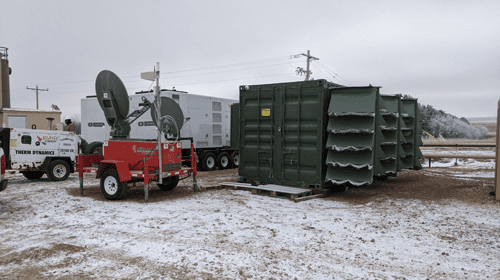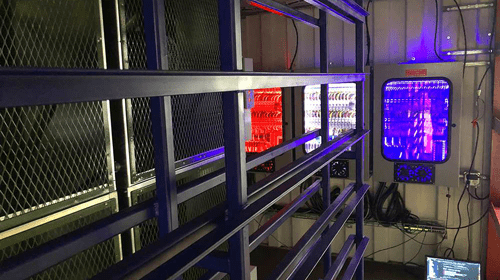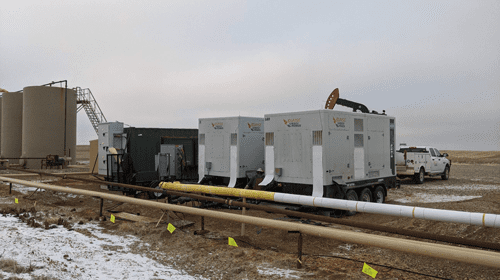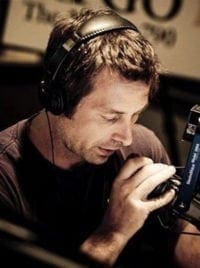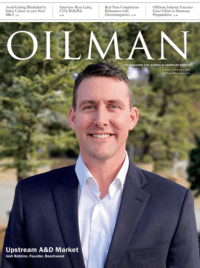The Crude Life engages with industry experts and energy enthusiasts every day with interviews, radio programs, social media posts, print features, video content and podcasts. These conversations range from CEOs to truck drivers to authors to engineers to cafe owners. Just like our diverse experts and interviews, the conversations have depth and worldly experience. Here are some quotes from people Living the Crude Life.
“When I first got involved, we were still talking about units, like 160 acres, which meant one well pad for every 160 acres and then you’d round a lot of those out from that, and then it went to 640. Then it went to 1,280. I don’t know where it is now in terms of acreage. I mean, when you go 3.8 miles out, it’s an immense amount of acreage and what that means is you know you’re recovering the economic value under an ever-growing piece of land with an ever smaller footprint proportionally.”
Tom Shepstone, president, NaturalGasNow
“Last week sometime, there was a Citibank analyst who essentially came out and predicted that they foresee a Bitcoin price in the next year or two of $321,000 per Bitcoin from $20,000. Yes, it sounds ridiculous, doesn’t it, but the interesting thing about the way Bitcoin works is that it is a controlled distribution of the Bitcoin or of the production of Bitcoin. So, there will only ever be 21 million Bitcoin ever made. Right now, in circulation there’s approximately 18 million so that means that there will only ever be three million Bitcoin minted here in the next 100 years. That’s why operators are now looking very closely at converting their flared gas into Bitcoins.”
Tom Masiero, founding partner, Great American Mining Co.
“We’ve really kicked off what we call the Digital NOW platform. Mainly focused at this point on e-commerce that is allowing our customers to place their orders online and be able to do research. And in some cases, through our new platform that we just released, customers are being able to design packages completely on their own. Whereas in the past, with the historical way that business has been done, you might be sitting down shoulder to shoulder with one of our personnel going over those BOMs and determining what needs to be there.”
Josiah Black, Distribution NOW
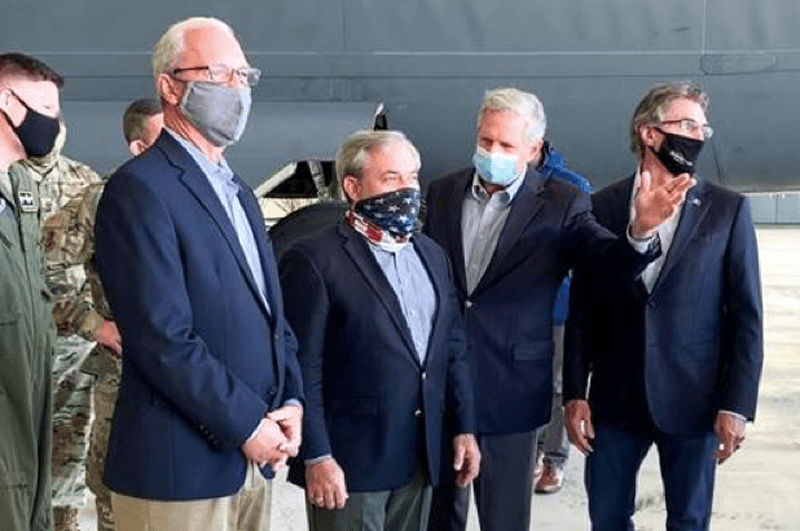
“The United States has the ability to provide France with access to the cleanest and most efficient source of natural gas in the world. Importing more U.S. LNG strengthens the U.S.-France trade relationship and provides France with significant environmental and geopolitical benefits. If France’s true objective is to lower carbon emissions from energy imports while ensuring access to a reliable and secure energy source, then the choice is clear: U.S. LNG provides the country the best option compared to its alternatives.”
U.S. Senator Kevin Cramer
“We’re outside of New Orleans on an intercoastal canal, so where we’re located is, I guess you can call the calmer waters, but that intercoastal canal reaches Texas, all the way to Alabama. So there’s some lochs in between, but Lake Charles is basically almost to Port Author, the next closest bigger city at Beaumont. So that’s on the other side but they had a lot of construction going on over there. We’re sticking here and trying to service folks here with their barges…”
John Vindas, Bayou Energy and Repair Services
“I had heard figures as high as $500,000 in savings per well by using the sand mined here in west Texas versus bringing sand in from somewhere else.”
Danny Skiff, Specialized Desanders USA
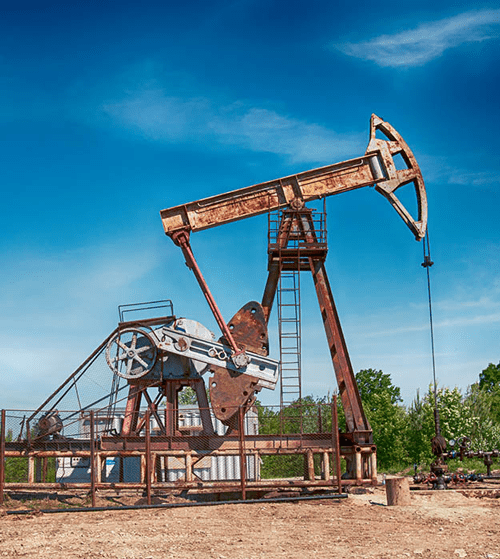
“I’m all about efficiency and I think that as far as the industry goes, that’s where we always are moving. We’re trying to get more efficient, get our wells drilled cheaper, get our wells frac[ked] cheaper, use less water than we have to, but get it, use as much as we need. So, there’s this fine line and that’s— the oil and gas business constantly pushes those limits.”
Brandon Davis, CEO, Swan Energy
“Some of the largest oil and gas companies know that renewable energy is the future of the industry. Baker Hughes alone rewrote [its] mission statement way back in early 2000 to reflect this. Then we have companies, such as Occidental Petroleum and bp, who are making very aggressive statements towards their plans at achieving very low to zero emissions to counteract the attacks seen on the industry thus far. The International Energy Agency projects that renewable energy generation will more than quadruple by 2040 and, given the history of its projects, that’s probably a very conservative estimate. Companies aren’t able to fight these macro trends, but they can adapt their businesses to stay exceptionally relevant. This ultimately means some major oil companies are slowly going to become renewable energy companies. With all this being said, it is still very crucial to let our industry be heard and educate all others outside of it. We all want to be more environmentally conscious; this takes time and a team effort from all. We must stand up for our industry going into 2021.”
Bailey Midkiff, W.I.C.
The Crude Life Podcast can be heard Monday through Friday with a Week in Review news program aired on the weekend. For more info, visit www.thecrudelife.com.
Jason Spiess is a multimedia journalist, entrepreneur and content consultant. Spiess has over 25 years of media experience in broadcasting, journalism, reporting and principal ownership in media companies. (Over 30 years experience if you count his adolescent years as a newspaper delivery boy learning the importance and logistics of daily distribution and monthly door-to-door bill collecting.) Spiess has worked in the areas of oil and gas, UAS and precision agriculture, health care, cannabis, agriculture, real estate, government affairs and economic development. Spiess is the host of two radio programs, Building the Bakken and Coffee & Capitalism, and three specialty programs, MonDak OilField Review, Corporate Ink and UnStuck, that carry a radio network that spans five states and two countries. Spiess is a North Dakota native and graduated from North Dakota State University.



